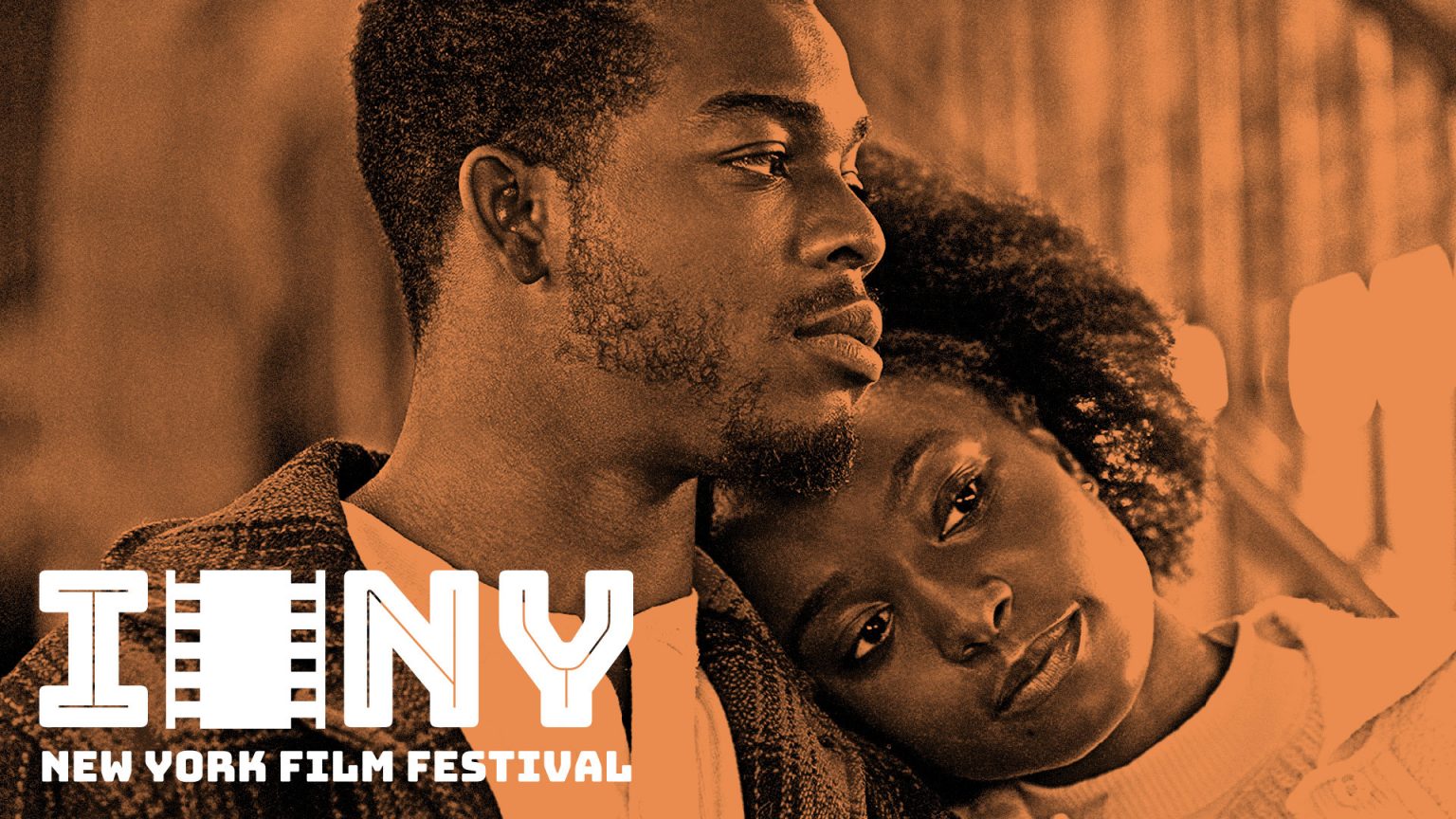As soon as Boris Gardner’s “Every N****r Is a Star” washes over the first frames of Barry Jenkins’ Moonlight you are struck by the empathy, precision, and craft that went into making it a modern masterpiece. Immediately, you know you are watching something special. James Laxton’s intimate and lush cinematography puts us into the mindset of the characters. Nicholas Britell’s theme-centric score creates emotional layers through the film’s shifting time structure. And the film’s editing, from Nat Sanders and Joi McMillon, allows each scene to hit with emotional impact.
Jenkins’ follow-up, If Beale Street Could Talk, doesn’t quite reach the heights of Moonlight. But then again, not many films can.
Adapted from the powerful novel by James Baldwin, Jenkins provides a lyrical and timely portrait of the lives of Black Americans — and, in the process, appears to be the cinematic heir apparent to the mood-focused filmmaking of Wong Kar-wai.
Like the novel, the film centers on Tish (KiKi Layne) and her boyfriend (and lifelong best friend) Fonny (Stephen James). Fonny has been wrongly accused of the rape of Puerto Rican women by a vengeful white police officer. The woman has since left New York and Tish’s lawyer has had no luck providing credible witnesses; day-by-day, Fonny’s once bright, prideful soul is wearing down in prison.
Tish, her loving parents, and sister, as well as Fonny’s dad, do all they can to pay the lawyer’s fees, prove Fonny’s innocence, and prepare to help Tish raise her baby once he’s born. These scenes show the bright, warm care Jenkins has for the people in his movies. Each character, in large part due to the phenomenal acting and the writing, feels lived-in and multi-dimensional; immediately, we feel a deep emotional connection with each of the characters.
Yet, like Moonlight, Barry Jenkins is not entirely concerned with making a purely narrative film. This isn’t to say that Beale Street’s plot lacks momentum, but Jenkins does put much of his focus on lyrical filmmaking, and on creating a strong sense of mood through the mise-en-scène. And it works thanks to the film’s production design, costuming, and cinematography by James Laxton, which all work together to create one of the most beautiful films of the year through the use of complementary colors — those reds, greens, purples, and yellows!
Because of this, it feels as if the majority of the film is composed of flashbacks and dream sequences. But the film is at its strongest when it settles in with the characters, and lets us enjoy their pride and power. The intimacy with which Jenkins treats his characters, as well as the astounding performances by Layne and James, go a long way to letting the audience feel the passion of their relationship, as well as the heartbreak of their misfortune.
Often, Jenkins uses the flashback to inform the present. The power of these sequences is typified in the brief, but a devastating meeting between Fonny and Daniel (Brian Tyree Henry). During a flashback, Daniel has just been freed after a two-year prison stint. He explains to Fonny how the cops arrested him for stealing a car, even though the car was in his name. But the truth of the matter is that Daniel had been smoking pot that day and had it on him when he was arrested; stuck between a rock and a hard place, he agreed to the sentence of theft, as the one for marijuana would have been longer.
Henry plays this scene with haunted quietness. And how he retells the horrors of prison is nothing short of extraordinary. It is a scene that helps define the rising anxiety experienced by Fonny while he’s in prison.
But while the non-linear structure works in most instances, it also has a tendency to get in the way of its own potential power.
Furthermore, each emotional beat is accompanied by swelling, sometimes overbearing score from Nicholas Britell. In fact, while Britell’s score is Oscar-worthy, most scenes rarely elicit the tears the score is working so hard to earn. Thankfully though, the film mostly avoids the pitfalls of sentimentalism.
Full of stunning warmth and beauty, without ever shying away from the harsh reality black Americans face from society’s institutions (biased police forces, violent incarceration, lackluster legal systems), Beale Street is ultimately another searing work from a vital filmmaker. It might not be an instant classic like Moonlight, but Jenkins is a filmmaker that three times out has proven that he’s one of the great directors of our time.
Watch Now: Before the Oscars and the laudits, Barry Jenkins was simply a raw, but talented young filmmaker making exciting short films, many of which are available to stream right here on Fandor!




